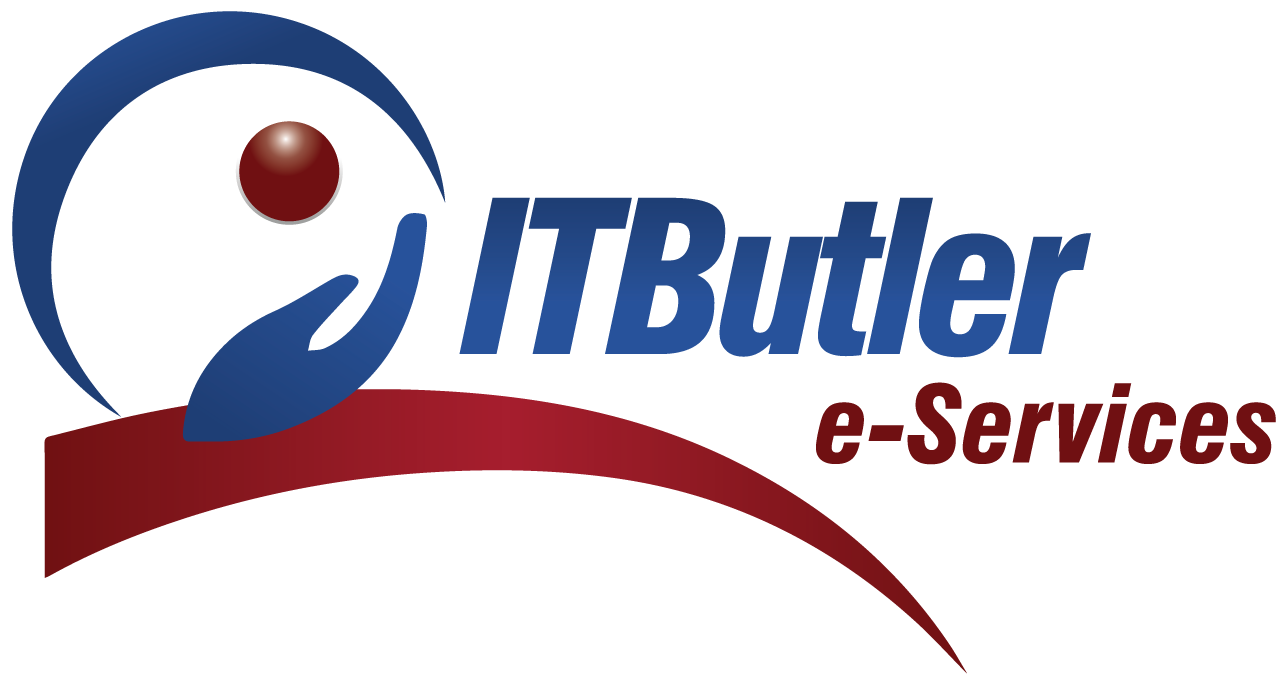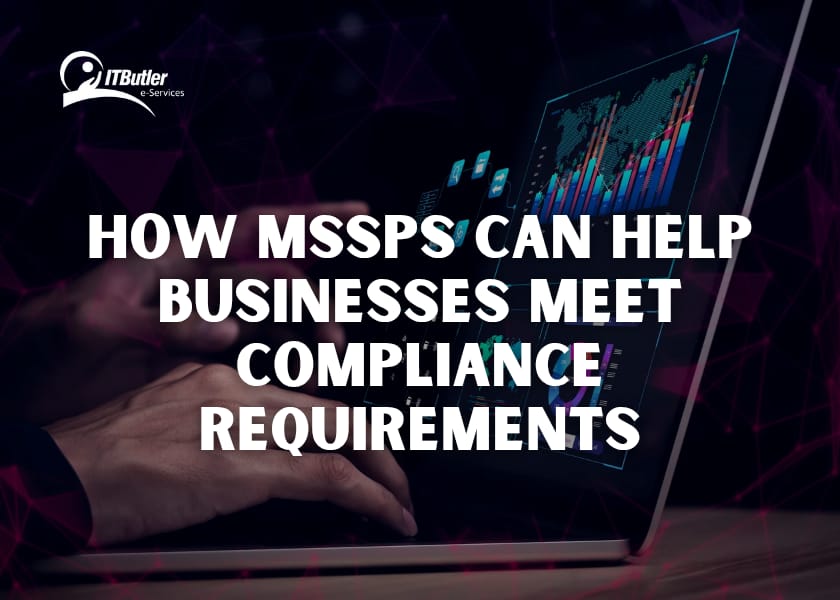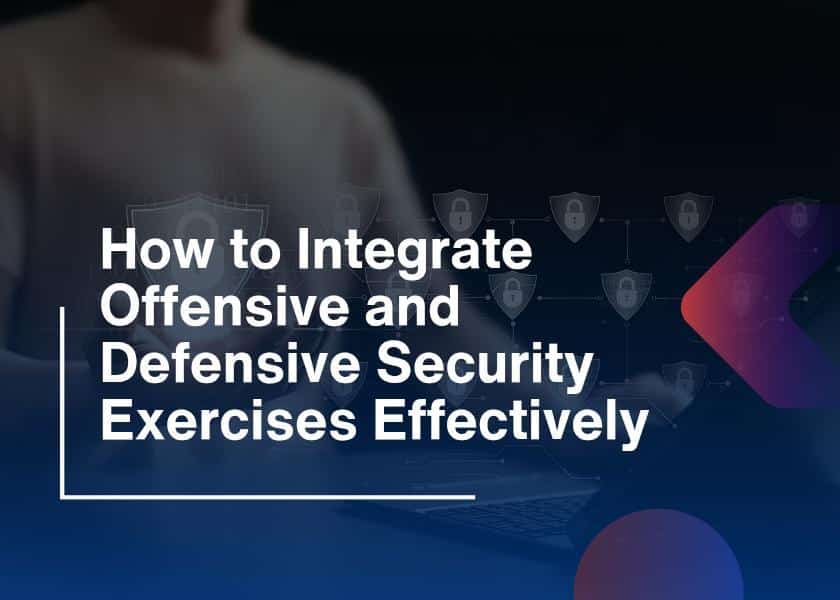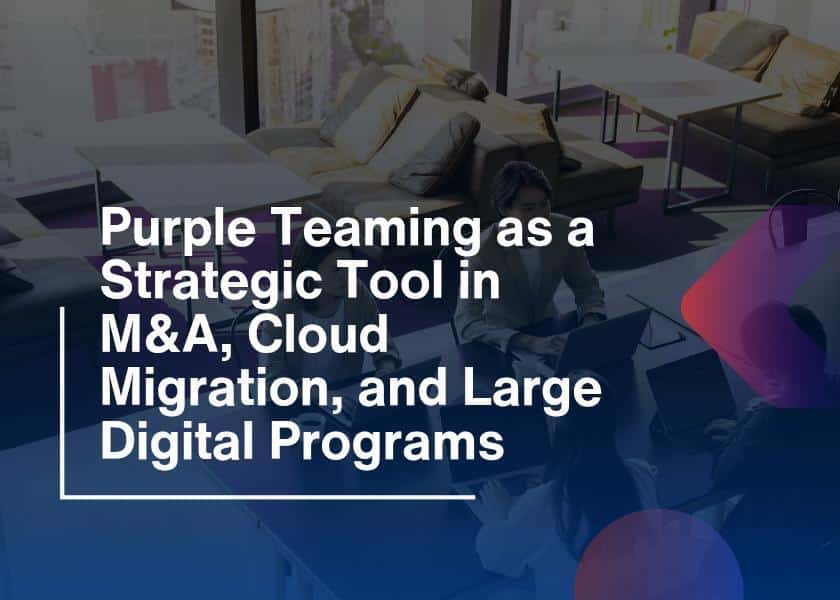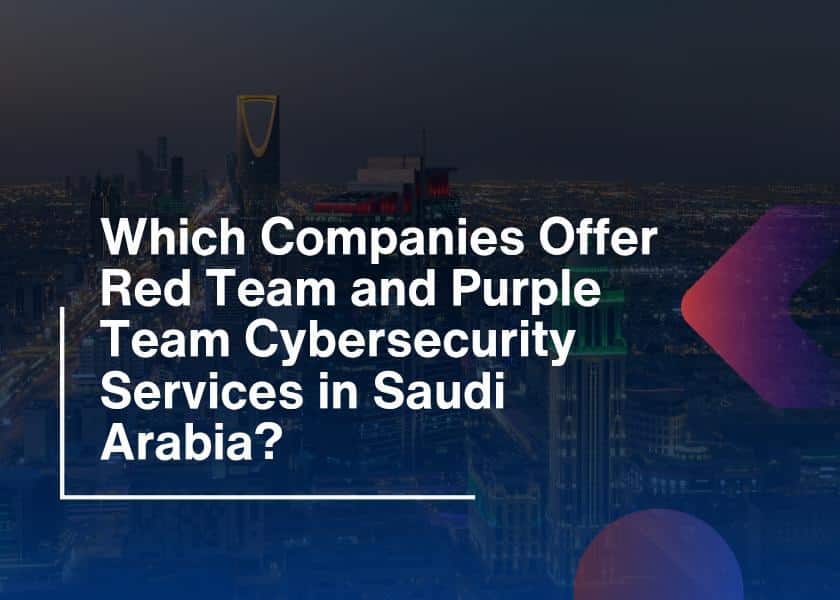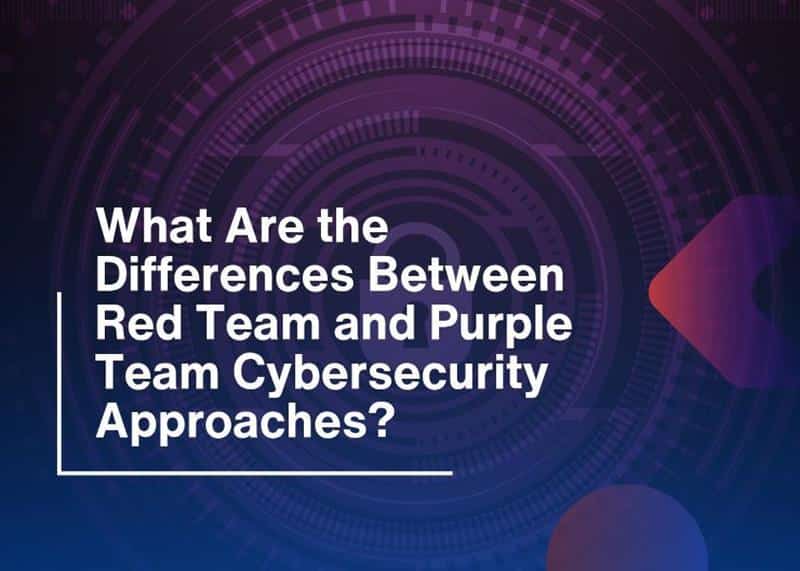Compliance isn’t the most exciting part of running a business. Instead, reading through legal jargon, keeping up with ever-changing regulations, and ensuring your cybersecurity measures align with them can feel overwhelming. But what if there was a way to handle compliance without stress? However, the solution comes in the form of MSSP compliance support.
MSSPs are security professionals who work in cybersecurity to protect their clients from cyber attacks while ensuring compliance with industry standards. They use their expertise to verify that organizations meet all compliance standards while keeping audit stress at bay regardless of which framework businesses must follow.
So let’s discuss, how do MSSPs help businesses navigate the complex world of cybersecurity compliance.?
What is MSSP Compliance Support in Cybersecurity?
However, obeying particular regulations and data safety rules that protect confidential information defines compliance. So different business sectors follow separate requirements that collectively seek to:
- Secure customer and business data
- Prevent financial fraud
- Moreover, protects against cyber threats
- Avoid legal penalties
Furthermore, Some of the most common compliance standards include:
- GDPR (General Data Protection Regulation): Protects personal data for EU citizens.
- HIPAA (Health Insurance Portability and Accountability Act): Governs healthcare data security.
- PCI-DSS (Payment Card Industry Data Security Standard): However, it ensures secure payment processing.
- SOX (Sarbanes-Oxley Act): Moreover, it prevents corporate fraud.
- CMMC (Cybersecurity Maturity Model Certification): Required for businesses working with the U.S. Department of Defense.
Hence, businesses that fail to comply with regulatory standards risk receiving hefty financial penalties as well as court actions alongside damaged organizational reputation.
Why is Compliance So Difficult?
1. Constantly Changing Regulations
The sophistication of threats leads to the regular advancement of cybersecurity laws. Because previous standards of compliance have deteriorated since the passage of one year. So the task of staying current with these regulatory changes occupies a complete day of work.
2. Lack of In-House Expertise
The majority of organizations lack professionals who only focus on compliance activities. Therefore, the security experts who form part of IT departments lack the essential knowledge needed for compliance. Because it involves specialized information about legal and regulatory demands.
3. Cyber Threats Are Getting Smarter
Cybercriminals persistently seek fresh methods to access organizational systems. So danger prevention through compliance exceeds basic rule-following since it requires continuous monitoring of cybercriminal activities.
4. Resource Constraints
During normal business operations, small and medium-sized organizations typically do not allocate sufficient human resources or spending power nor have enough time to handle compliance responsibilities.
Therefore, MSSPs offer executive compliance management support as a solution for organizations that need assistance.
How MSSPs Help Businesses Achieve Compliance
MSSPs don’t just check compliance boxes instead they provide a proactive, hands-on approach to security and regulatory adherence. So here’s how:
1. Continuous Security Monitoring
Councils of security professionals and MSSPs both operate without standard business hours because cyber threats continue to invade throughout days and nights. Therefore, these providers perform nonstop monitoring operations to stop cyberattacks from resulting in compliance violations.
2. Risk Assessments & Gap Analysis
MSSPs perform security risk evaluations to find compliance weaknesses within organizations. They provide:
- Risk analysis to assess vulnerabilities
- Audits for compliance purposes check that every security control satisfies the regulatory requirements.
- Moreover, actionable recommendations to fix weaknesses
3. Data Encryption & Protection
Data encryption at strong levels represents mandatory protection for sensitive information to fulfill several compliance requirements.
So, therefore MSSPs apply advanced encryption systems that defend data during rest periods as well as while data is transferred between locations.
4. Access Control & Identity Management
Whose hands have access to your confidential data? The presence of more users creates an issue regarding compliance standards. Therefore MSSP compliance support implements detailed procedures to control system access through the following measures:
- Multi-factor authentication (MFA)
- Role-based access controls (RBAC)
- Least privilege principles
5. Incident Response & Reporting
Every data breach needs an immediate response as per compliance rules. As MSSPs:
- Security incidents get detected and responded to instantly
- Contain and mitigate cyberattacks quickly
- MSSPs create compliance reports that auditors along with regulators need for their assessment processes.
6. Security Awareness Training
Human errors cause most compliance failures that occur in the sector. Therefore, the organization faces severe risks because employees respond to phishing emails or maintain poor password security. MSSPs provide:
- Phishing simulation tests
- Cybersecurity best practices training
- Moreover, compliance-specific workshops
7. Automated Compliance Management
MSSPs use automation tools to track all regulatory needs as part of their compliance management framework. So the automation system prevents human mistakes as it enables businesses to stay compliant without adding more manual procedures.
Compliance Challenges MSSPs Help Overcome
1. GDPR Compliance
Organizations dealing with EU customer data are required to meet all the requirements of GDPR including:
- Businesses must first acquire consent from data subjects who will be affected by data collection procedures.
- Encrypting and anonymizing personal data
- Lastly, reporting breaches within 72 hours
How MSSPs Help:
- Implement data protection policies
- The provider ensures encrypted and properly stored data through secure methods.
- Automate GDPR compliance reporting
2. HIPAA Compliance
Further, healthcare institutions need to establish protocols that protect electronic health records (EHRs). Therefore, HIPAA requires:
- Strong encryption for patient data
- A preventive measure limits unauthorized users from accessing systems.
- Regular security risk assessments
How MSSPs Help:
- MSSPs deploy data protection measures with encryption methods for secure data storage deployment.
- Enforce role-based access control
- Conduct regular HIPAA compliance audits
3. PCI-DSS Compliance
Credit card data protection remains a mandatory requirement for retailers running physical stores and e-commerce companies. PCI-DSS requirements include:
- Secure payment processing systems
- Encrypted transmission of cardholder data
- Moreover, strict access controls
How MSSPs Help:
- Organizations must deploy both firewalls together with intrusion detection systems.
- Ensure secure transaction processing
- Conduct PCI-DSS compliance scans
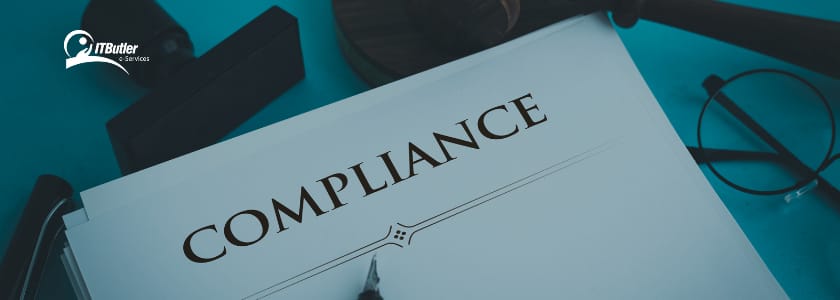
Benefits of Partnering with an MSSP for Compliance
1. Reduced Risk of Fines & Penalties
Failure to comply leads organizations to pay substantial financial penalties. So organizations that work with MSSPs prevent compliance-related penalties because they remain compliant.
2. Enhanced Cybersecurity Posture
MSSPs with compliance orientation fulfill regulatory requirements but excel at providing superior security measures above these thresholds.
3. Cost Savings
Full-time compliance officers typically come with high financial costs. So the organizations get affordable compliance services through MSSPs which eliminates the necessity of building their expertise in-house.
4. Improved Business Reputation
Businesses that make security their priority receive trust from their customers along with their partners. So the following regulations lead to higher business trust as well as better brand image.
5. Simplified Audits & Reporting
Regulatory audits are stressful. Therefore, MSSP compliance support prepares audits through reports which help their clients maintain continuous compliance readiness during inspections.
Future of Compliance
Cyber threats continue to evolve so compliance regulations will increase their requirements. So to maintain leadership in their market businesses must notice and react to the following modern trends:
- Zero Trust Architecture (ZTA): Verifying every user and device before granting access.
- AI-Driven Compliance Management: Using artificial intelligence to automate regulatory tasks.
- Stronger Data Privacy Laws: More global regulations following GDPR’s model.
MSSPs proactively implement new compliance requirements which maintains both security and audit compliance status for their business clients.
Conclusion
The matter of compliance exists as a difficult process that evolves constantly. Therefore, a properly chosen Managed Security Service Provider enables businesses to overcome regulatory challenges without losing sleep.
Managed Security Service Providers relieve companies from their security duties while they monitor threats and automate compliance functions to maintain standard business practices without corporate stress.
Furthermore, security gaps should not wait for a compliance audit to reveal themselves. Businesses that partner with an MSSP now will maintain constant control over their regulatory challenges. So being ahead of compliance requirements through proactive measures proves beneficial rather than allowing yourself to pay sanctions for noncompliance.
